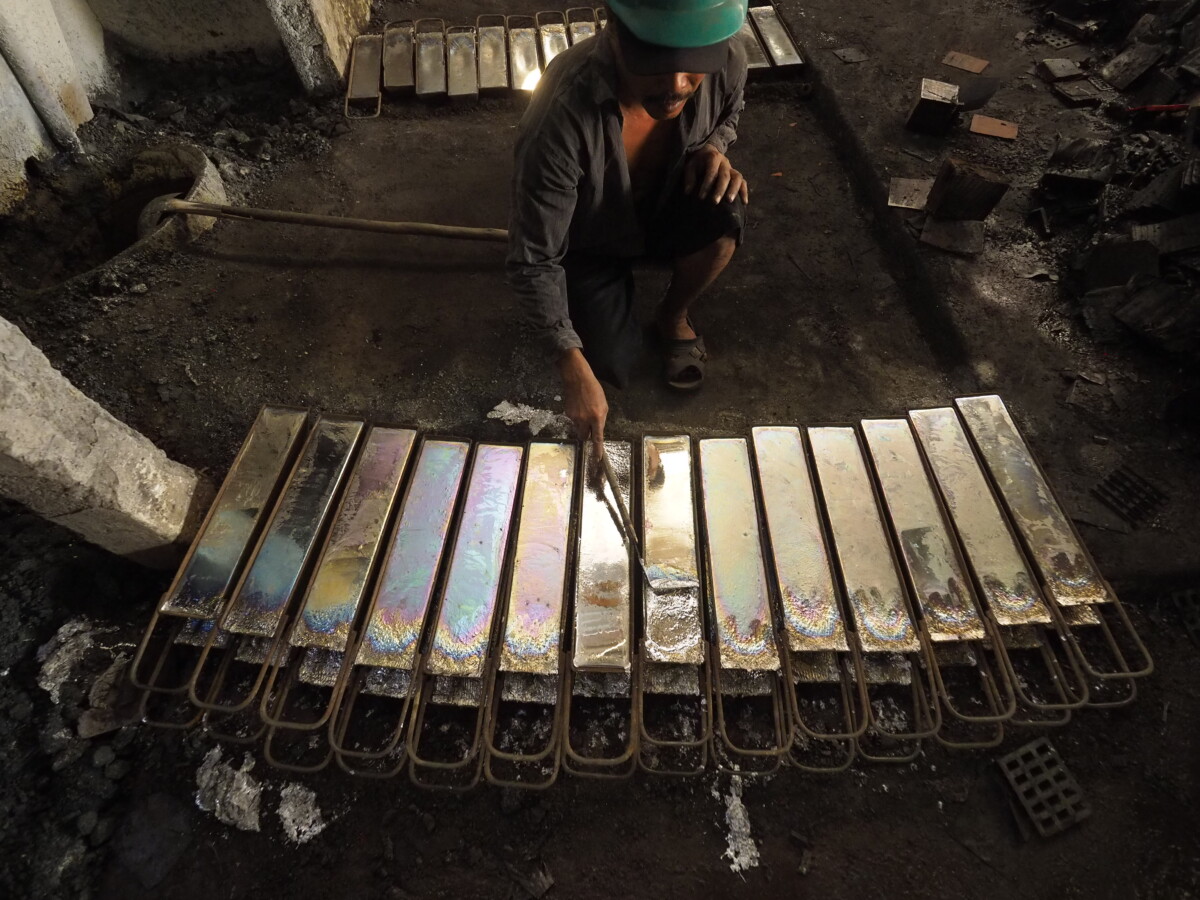Development of Business Models & Policy Interventions to Reduce Informal ULAB Recycling in Bangladesh

Georgetown University
UK Foreign, Commonwealth, and Development Office
Pure Earth is supported by the SMEP Programme, funded by the UK Foreign, Commonwealth, and Development Office to collaborate with Georgetown University, with research funding to develop practical solutions for lead acid battery recycling in Bangladesh.
Bangladesh is one of the most lead affected countries worldwide. A major contributor to lead pollution and exposure in Bangladesh is the informal, unregulated recycling of used lead acid batteries (ULAB). It is a major public health, causing lead exposure for both adults and children.
The goal of this project is to develop a clear economic model, supported by policy recommendations, that addresses the causes of lead contamination in the environment because of ULAB recycling activities. The SMEP funding enables the delivery of empirical research and testing of the business model that enables a more efficient battery return and recycling model. It is a 2 year long project from February 2023 to February 2025.
The economic model aims to achieve the following:
- Assist in improving the capability and performance of the formal sector to provide quality batteries and effective battery return systems,
- Shift flow of ULAB recycling activities from the informal to the formal sector;
- Put in place measures to ensure extended battery life, which would reduce # of batteries consumed and recycled and therefore the Pb and CO2 emissions associated with manufacturing and recycling them.
With support from UK Foreign, Commonwealth, and Development Office, Pure Earth and Georgetown University will:
- Conduct rigorous field research and involve local stakeholders to identify feasible business models and regulatory models to increase the adoption of manufacturing pollution mitigation solutions to increase the formal recycling of batteries in Bangladesh.
- Pilot and assess the scalability of a business model innovation (identified from earlier field research) in partnership with local private sector stakeholders.
- Disseminate findings from research through working groups to assess stakeholder demand for scaling up of identified interventions, and advocacy through press releases and policy briefs to reduce informal recycling of batteries.
Georgetown University will conduct an in-depth exploration of effective private sector incentives and policy recommendations and their implementation by leveraging existing relations with project partners and stakeholders. They will also pilot and assess the scalability of a business model innovation in partnership with local private-sector stakeholders. Pure Earth will disseminate findings from research through working groups, advocacy through stakeholder engagement, media, and government to reduce informal recycling of batteries.
